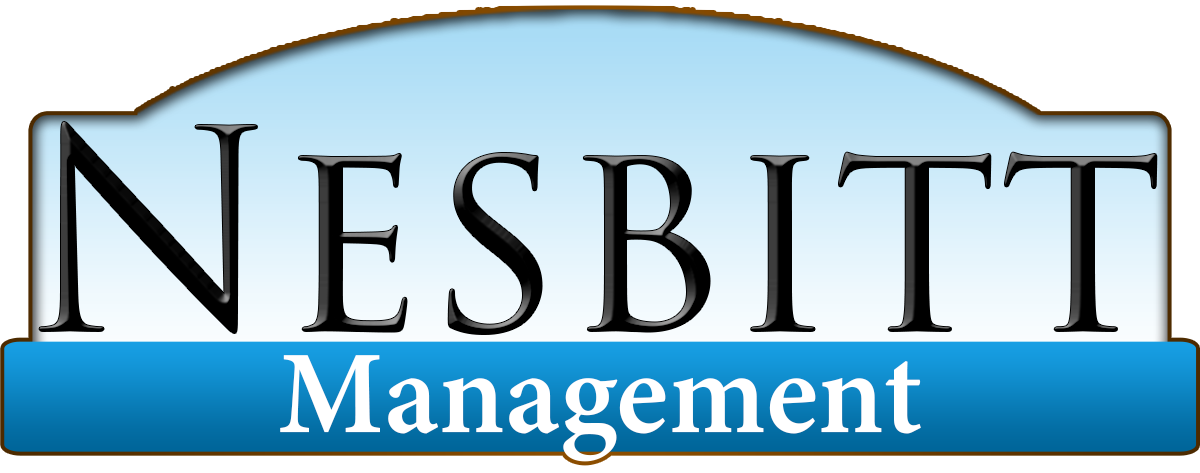When it comes to property management, the balance between maintaining a well-managed rental and respecting tenant privacy can be a delicate one. Think of it like hosting a party: you want to be the gracious host, ensuring everything is in order, but you also don’t want to be that person who constantly hovers over everyone, making them feel uncomfortable. Understanding tenant privacy rights is not just a legal obligation—it's key to fostering a positive landlord-tenant relationship. So, let’s dive into what you need to know to keep that balance just right.
The Basics of Tenant Privacy Rights: Know the Law
First things first: tenants have a right to privacy in their rented home. This isn’t just a courtesy; it’s the law. In most places, once a tenant signs a lease and moves in, the property becomes their private space, and they’re entitled to enjoy it without unnecessary interruptions. As a landlord or property manager, it’s crucial to familiarize yourself with local laws regarding tenant privacy, including how much notice you need to give before entering the property and under what circumstances you’re allowed to enter.
Notice Before Entry: The Golden Rule
One of the cornerstones of respecting tenant privacy is providing adequate notice before entering the rental unit. This isn’t just about following the law—it’s about maintaining trust. Typically, you’re required to give at least 24 hours' notice before entering for non-emergency reasons, such as repairs, inspections, or showing the property to prospective tenants. Make sure your notice is clear, stating the reason for entry and the expected time frame. This simple step shows that you respect your tenant’s space and helps avoid any awkward “surprise visits.”
Emergencies: When Immediate Access is Necessary
There are, of course, exceptions to the notice rule. In emergency situations—like a burst pipe or a fire—landlords have the right to enter the property without prior notice to prevent damage or ensure safety. However, even in these cases, it’s important to inform the tenant as soon as possible about the situation. Emergencies are stressful enough; keeping the tenant informed helps maintain that crucial trust we mentioned earlier.
Inspections and Repairs: Balancing Access and Respect
Regular inspections and necessary repairs are a part of property management, but they should be handled with care. While you have the right to ensure that the property is well-maintained, remember that it’s still your tenant’s home. Schedule inspections and repairs at convenient times for the tenant and always provide that all-important notice. Also, consider giving the tenant options for time slots—this way, they feel involved in the process and more comfortable with the arrangement.
Tenant’s Right to Quiet Enjoyment: More Than Just a Legal Term
The term “quiet enjoyment” might sound like a phrase out of a 19th-century novel, but it’s a key concept in modern rental law. It means that tenants have the right to enjoy their home without interference. This includes protection from constant intrusions, excessive noise from construction, or even other tenants’ behavior that might disturb their peace. As a landlord, it’s your job to ensure that your tenant’s right to quiet enjoyment is upheld—whether that means addressing noisy neighbors or limiting your visits to the property.
Technology and Privacy: Navigating the Modern Landscape
In today’s tech-savvy world, privacy concerns extend beyond just physical space. With the rise of smart home technology, landlords and property managers need to be extra cautious about how these devices are used. For instance, if your rental property has security cameras or smart locks, it’s vital to disclose this to your tenants and ensure that their privacy is not compromised. Tenants should always be informed about what data is collected, who has access to it, and how it’s used. Transparency is key to avoiding misunderstandings and building trust.
Handling Personal Information: Keep It Confidential
As a landlord or property manager, you’ll likely have access to a tenant’s personal information—everything from their Social Security number to their employment details. It’s crucial to handle this information with the utmost care. Ensure that all personal data is stored securely and only used for legitimate purposes, such as background checks or lease agreements. And, of course, never share this information with third parties without the tenant’s explicit consent. Respecting your tenant’s privacy extends to how you manage their personal information as well.
Communication: The Foundation of Respect
At Nesbitt Realty, we understand that good communication is the bedrock of a successful landlord-tenant relationship. Regular, respectful communication helps prevent misunderstandings and makes it easier to address any privacy concerns that may arise. Encourage your tenants to reach out if they ever feel their privacy is being compromised and be proactive in addressing their concerns. By fostering an open dialogue, you demonstrate that you’re not just a landlord—you’re a partner in ensuring they have a comfortable and secure home.
The Takeaway: Respect is Key
In the world of property management, respecting tenant privacy isn’t just about following the law—it’s about building a positive relationship that benefits both you and your tenant. By understanding and honoring tenant privacy rights, you create a living environment where tenants feel secure and valued. At Nesbitt Realty, we pride ourselves on our commitment to both legal compliance and maintaining strong, respectful relationships with our tenants. After all, a happy tenant is a long-term tenant, and that’s a win-win for everyone.
